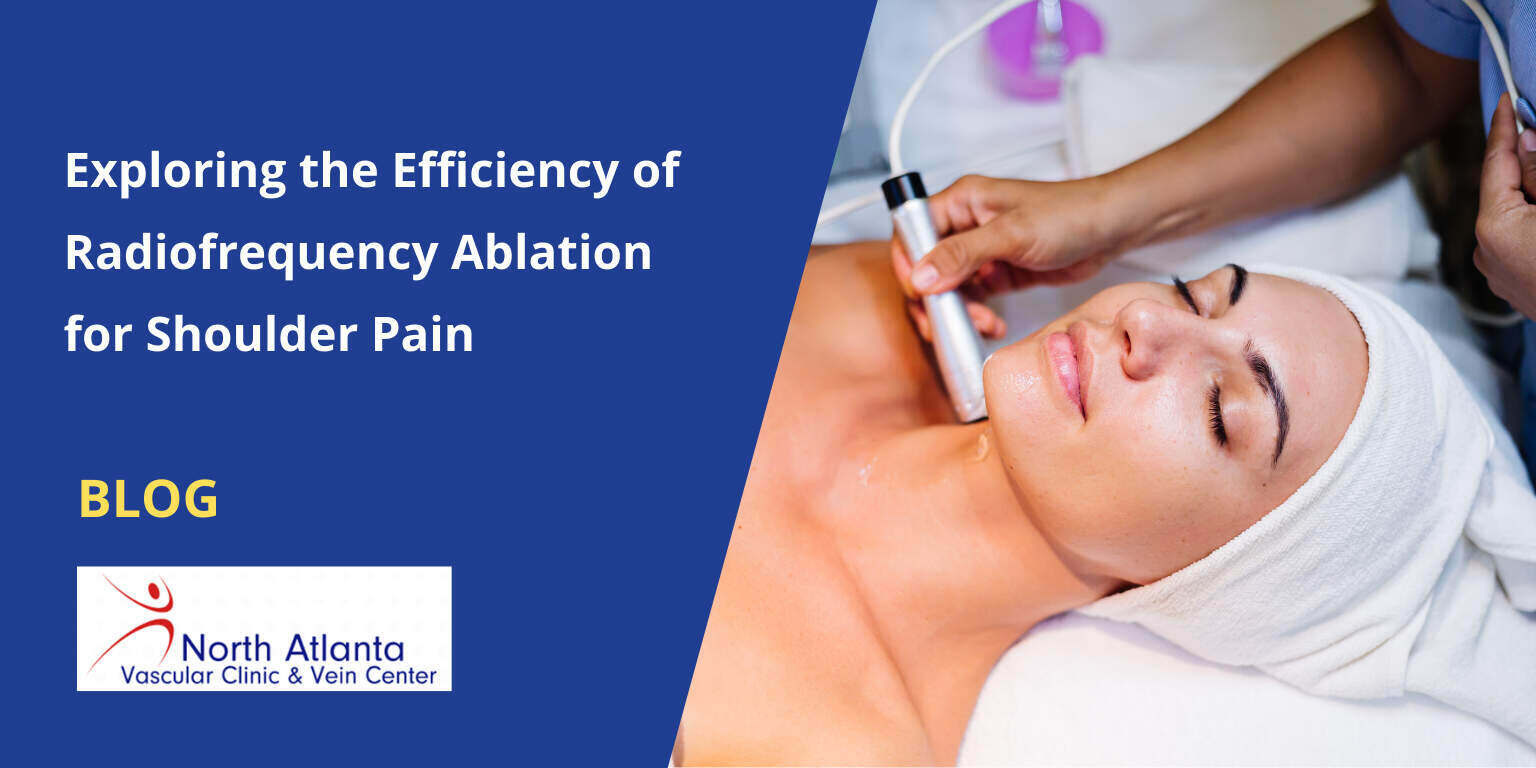
9/25/2024
Shoulder pain from injuries or certain conditions can make even the simplest tasks a challenge, disrupting your daily routine, work, and sleep. Reaching for an item or lifting your arm might require help, and your range of motion can become severely restricted. If traditional treatments like medication and physical therapy aren’t providing relief, radiofrequency ablation for shoulder pain could be the breakthrough you need.
Let us talk about radiofrequency ablation and its efficacy in treating shoulder pain.
Radiofrequency ablation (RFA) is a treatment that uses heat from radio waves to stop nerves from sending pain signals. A doctor guides a needle to the affected area using special imaging, then applies heat through the needle to create a small lesion near the nerve. This stops the nerve from sending pain messages to the brain, which can provide relief from chronic pain.
If you’re looking for solutions on how to reduce shoulder pain, radiofrequency ablation can be your answer. This treatment is helpful in several shoulder conditions that lead to pain:
Radiofrequency ablation for shoulder pain is a less invasive option, which carries fewer risks than traditional shoulder surgeries. There are several plus sides to this treatment technique, including:
Radiofrequency ablation helps treat shoulder pain, but the procedure's success can vary depending on the specific condition and individual factors. It is important to consider these factors before opting for this procedure.
Radiofrequency for pain management requires several steps for effective application and long-term relief. Let us discuss these steps in detail.
Post-procedure pain relief may last months to a year. Radiofrequency ablation offers numerous benefits and minimal downsides. Unlike major surgeries, it doesn’t require general anesthesia or extensive post-operative care.
While RFA is generally considered a safe procedure, it is necessary to be aware of potential complications. Like any medical intervention, there are inherent risks associated with RFA. These may include:
Procedure-Related Risks:
Additionally, muscular tissue damage and itching at the injection site can occur in some cases.
Sedation-Related Risks:
It is necessary to consult your healthcare provider before radiofrequency ablation for shoulder pain. All the risk factors must be considered, including underlying conditions, potential side effects, and allergic reactions. After the procedure, the patient must be kept under observation for a short period to watch for any unexpected symptoms. The provider must be conferred immediately in case of increased discomfort, bruising, or pain.
Radiofrequency ablation offers a practical and useful solution for managing shoulder pain with minimal invasiveness. By targeting pain-causing nerves without the need for general anesthesia or extensive surgical protocols, RFA provides substantial relief and quick recovery. This approach reduces dependence on medications and improves flexibility, making it a valuable option for individuals seeking pain relief and improved shoulder function.
At North Atlanta Vascular Clinic, we focus on minimally invasive and reliable treatments for chronic pain that provide long-term relief. Our radiofrequency ablation procedure is delivered by experienced providers in a safe and comfortable environment. We can help you eliminate shoulder pain, enabling you to lead your life independently. Book an appointment with us to take the first step toward pain-free living.
Comments are closed